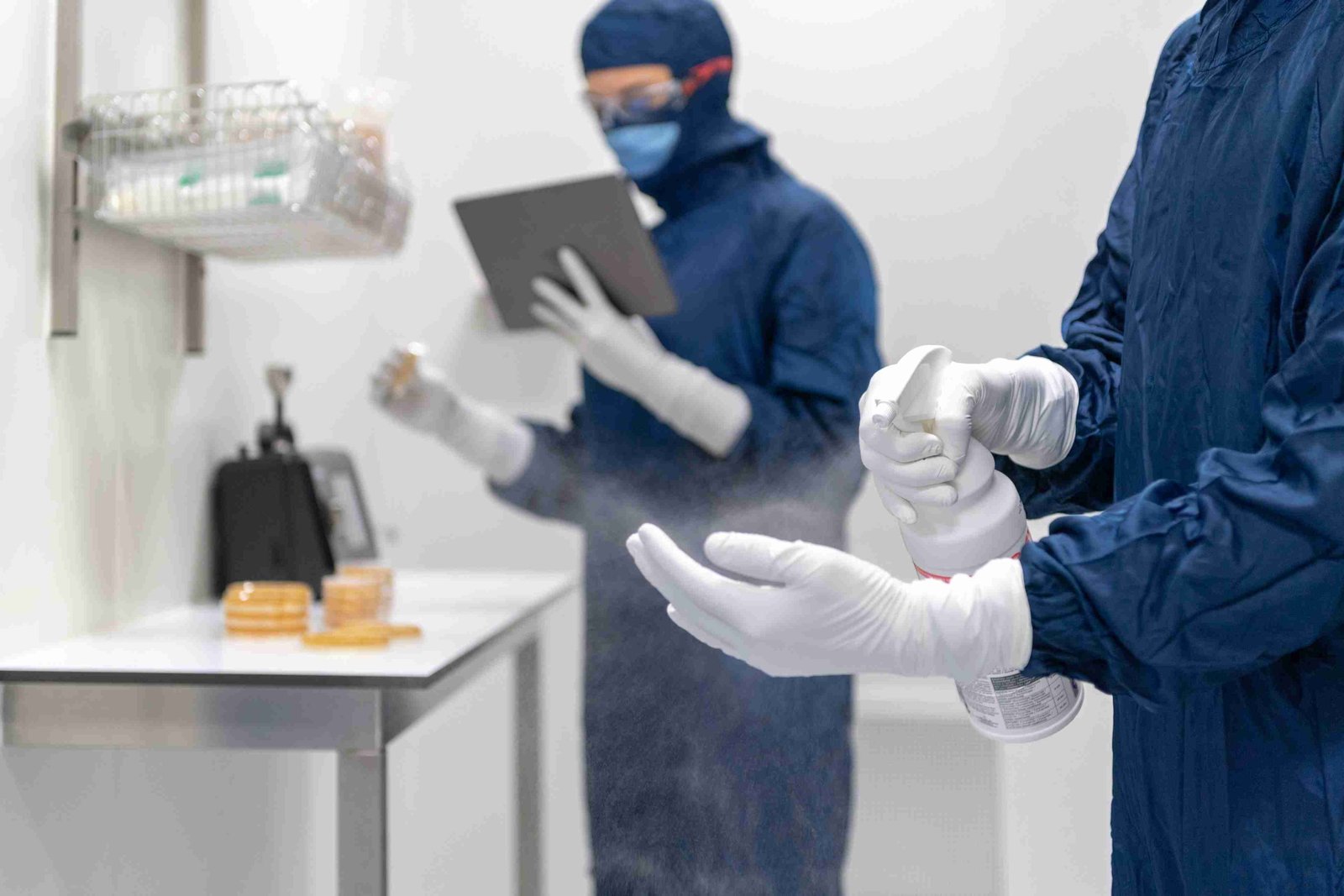Pathologists are medical doctors with specialized training in the microscopic examination of tissues, cells, and bodily fluids. They act as detectives, meticulously analyzing samples to uncover the underlying causes of disease.

Pathology plays a pivotal role in several key aspects of patient care:

The field of pathology is constantly evolving, with significant advancements in technology and techniques.
The Future of Pathology:
Continued advancements in technology, such as artificial intelligence and machine learning, are expected to further enhance the accuracy and efficiency of pathological analysis. These technologies can assist pathologists in identifying subtle abnormalities, predicting disease progression, and developing personalized treatment plans.



